WHAT WE DO
In Year 7, students develop a range of musical skills. Practical skills are underpinned by developing a solid foundation of theoretical knowledge. To this end, students sit an internal ABRSM-style theory examination in the summer term. All Year 7 students take part in choir in the Autumn and Spring term.
In Year 8, students further develop their knowledge through composition and performance tasks including melodic writing, the use of major and minor chords, and composing accompaniments. They look at a variety of styles including Samba, Film Music, and Blues as well as using Sibelius as a tool for notating music.
Music is optional in Year 9, musicians undertake a composition project in the Autumn term based on War & Conflict, investigating the ways in which music can convey mood. The second term sees pupils studying popular music. In the summer term, pupils study variations and instrumental colours, gaining an understanding of how sounds combine to produce different orchestral effects.
At GCSE, we follow the Edexcel specification. The course examines three skill areas: listening and appraisal of music, composition and performance. Students should aim to be at least grade 3 standard on their instrument at the beginning of the course and at least grade 5 by the spring term of Year 11. Further information on the Edexcel GCSE Music course can be found here.
At A-level, we follow the AQA specification. The division of skills studied is the same as at GCSE: listening and appraisal, composition and performance. AQA encourages students to listen to and explore a wide repertoire of music and rewards those who are willing to develop their knowledge independently. Students should be at least grade 5 standard on their instrument at the beginning of the course and moving up towards grade 8 by the end. Further information on the AQA A-level Music course can be found here.


